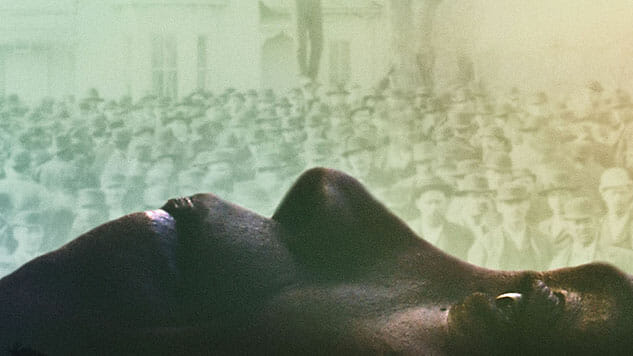Films by Women: Five Movies to Watch from September (2019)

The “52FilmsByWomen” hashtag isn’t a new invention, but in the last few years, and especially 2017, it’s gained increasingly urgent relevance. Created and disseminated by Women in Film, a nonprofit outlet established to “achieve parity and transform culture,” the tag translates into a simple pledge: Watch one movie directed by a woman each week for an entire year. Most years, completing that pledge would be the least one could do. Today, it’s a means of pushing back against rampant gender bias in the film industry.
To help those interested in putting their viewing habits to good use, Paste is highlighting some of September’s best new movies in theaters, as well as on home video, directed by women.
-

-

-

-

-

-

-

-

-

-

-

-

-

-

-

-

-

-

-

-

-

-

-

-

-

-

-

-

-

-

-

-

-

-

-

-

-

-

-

-

 Satanic Panic
Satanic Panic Hustlers
Hustlers Always in Season
Always in Season Booksmart
Booksmart Darlin’
Darlin’






































